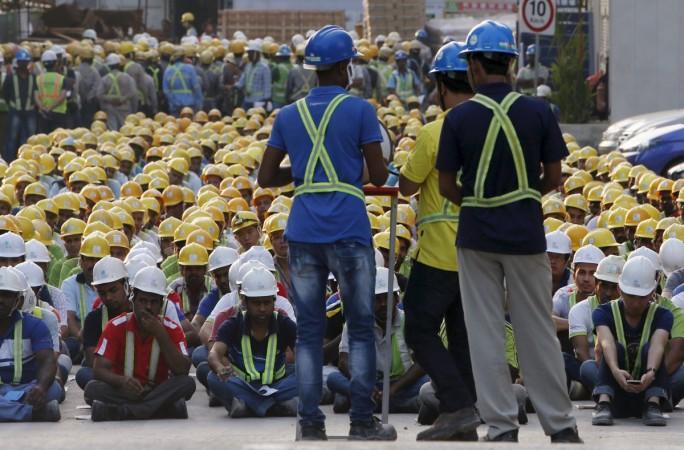
Job creation in India is unlikely to pick up a pace in the next two years as a United Nations (UN) labour report expects unemployment to marginally increase in the country between 2017 and 2018.
Finland just got cooler, becomes first country to launch basic income for unemployed
"Unemployment in India is projected to increase from 17.7 million last year to 17.8 million in 2017 and 18 million next year. In percentage terms, unemployment rate will remain at 3.4 percent in 2017-18," the UN International Labour Organisation (ILO) said in a report titled 2017 World Employment and Social Outlook.
The report finds economic growth trends lagging behind employment needs and predicts both rising unemployment and worsening social inequality throughout 2017.
"We are facing the twin challenge of repairing the damage caused by the global economic and social crisis and creating quality jobs for the tens of millions of new labour market entrants every year," said ILO Director-General Guy Ryder.
According to the report, global unemployment is expected to rise by 3.4 million in 2017 due to worsening labour market conditions in emerging countries – primarily in Latin America and the Caribbean. However, unemployment is expected to fall in developed countries – especially in Northern, Southern, and Western Europe, the United States and Canada.
In emerging countries, almost one in two workers is in vulnerable forms of employment, while in developing countries, this number rises to more than four in five workers. Those living in Southern Asia and sub-Saharan Africa are facing the greatest risk.
The report also highlights a number of social inequalities like gender gaps that are creating barriers in the labour market. For example, in Northern Africa, women in the labour force are twice as likely as men to be unemployed. That gap is even wider for women in the Gulf countries.
"Economic growth continues to disappoint and underperform – both in terms of levels and the degree of inclusion. This paints a worrisome picture for the global economy and its ability to generate enough jobs," said Ryder. "Persistent high levels of vulnerable forms of employment combined with a clear lack of progress in job quality – even in countries where aggregate figures are improving – are alarming. We need to ensure that the gains of growth are shared in an inclusive manner."
Such progress, the ILO report emphasised, is only possible through international cooperation. A coordinated effort to provide fiscal stimuli and public investments would go a long way in providing an immediate jump start to the global economy and could eliminate an anticipated rise in unemployment for two million people.
















